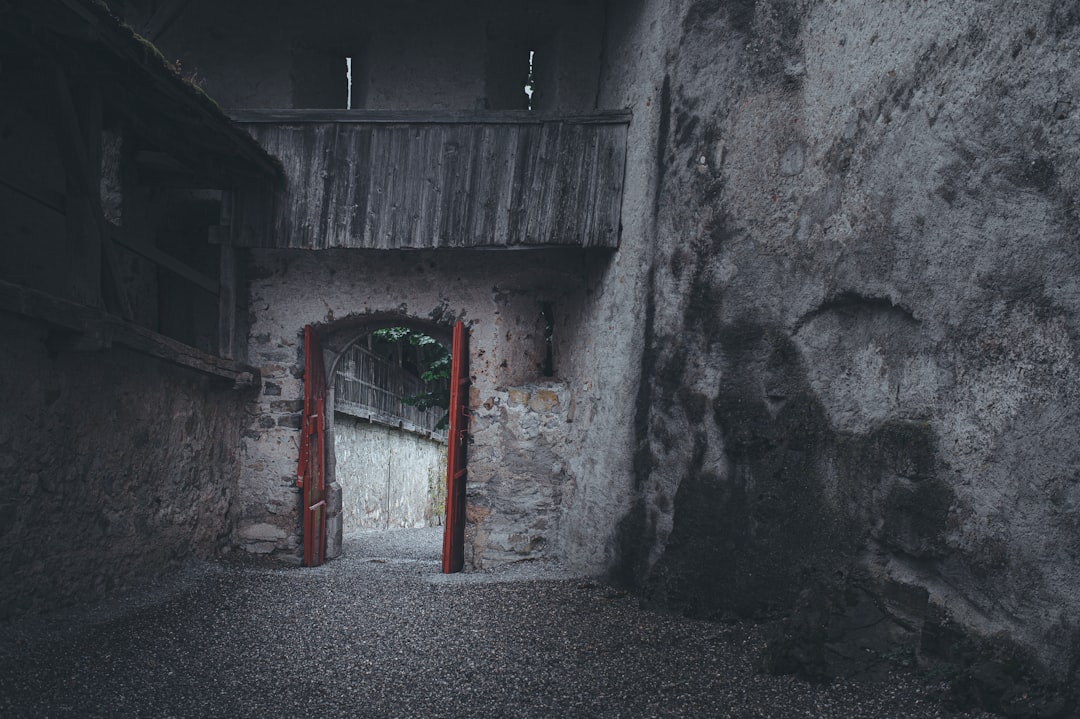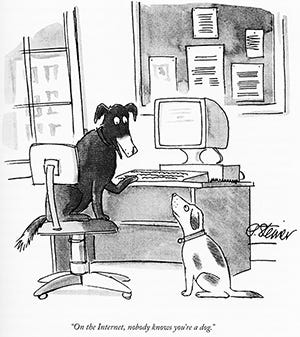Education, Learning, Discovery…
Freeing the Artisan.

Education is what we do to others; Learning is what we do for ourselves; Discovery is where we become ourselves.
It’s a thought that’s been on my mind this week as I’ve considered how we might go about understanding and freeing the artisan in us. It’s tempting to offer people a path based on what we’ve learned, but it doesn’t take long, in conversation with the right people, to recognise the fallacy in that idea. We can provide tools, teach skills and provide feedback, but that does not lead to craft. Craft is a relationship. It’s how we use and sharpen those tools, the ones we make when the ones we have don’t quite give us what we want, the materials we select and how we converse with them to give them a voice in what we are creating. It’s as true of the scientist as it is of the artist. It is what puts our signature on what we do.
Like most of us, my education was designed with an end in mind; to make me fit for the jobs market. That education determined what I learned, how well I had learned it, and channelled me into where the economy needed me. Whilst I had the illusion of discretion, looking back, I was being herded. I found myself alongside others in a “competitive market”, and so compete I did, and by the standards of the system, did tolerably well and found myself on the path my education had taught me to follow.
Until that is, I wandered off it. I became interested in areas that were (notionally) of little use in fulfilling my job role but captured my imagination and brought discovery into the picture. Now, my experience is that discovery and curiosity in a corporate environment is not a smart move unless you checked the “wealthy parents” box before birth, which I hadn’t. When we have a 1:1 relationship between prescribed performance criteria and income, and personal responsibilities dependent on that income, the proceeds of discovery and curiosity are best hidden under the floorboards until the time is right.
All the indications are that the right time is upon us. Wherever we are in our careers, those proceeds of illicit discovery and curiosity are going to be needed. Because whatever field we are in, education and learning is becoming the province of technology. We are outsourcing education and learning to technology, and it’s showing signs of being rather good at it.
Microsoft’s Bing incorporated AGI (artificial general intelligence) a few months ago, Google has switched over this week, and I’m sure in corporations the world over, it is being incorporated as the “Technology du Jour,” even though even the people who have created it are do not really know how the chimaera they have created works.
Now, when we search, the information we are getting has moved from processed to ultra-processed. It may be easy, convenient, cheap and really tasty, but it may just do you significant harm if you take it at face value and don’t know how to check the ingredients.
I suspect it might just create a whole new category of Artisan. Those who can see and feel the flaws in the material they are working with and shape what they create using it accordingly.
Whatever they do, artisans are fastidious about the materials they use, from ingredients to information. We already have to beware of counterfeit parts and tools, as well as processed and increasingly fake news and information. Artisans though know their craft, and can intuitively sense fakes and inferior quality and avoid them. I’d go further; I think there is perhaps something of the forager in the artisan, going to source to find the materials they work with, whether that is wood from the forest, ingredients from hedgerows, or news and views direct from individuals. I think that will become increasingly important as AGI takes us a step forward to ultra processed information, which, when combined with social media and busy people, has the potential to take us further from source and present us with the equivalent of cheap sausages - presentable and edible, but far from nutritious.
Poorly used, technology drives us toward average, with that average being lowered in quality as it is automated and processed to make it cheap and accessible. It gives us a dilemma; whilst for artisans it is not primarily about the money, money matters; it is the lifeblood of a viable business, and we cannot afford to join the race to the bottom that is being offered to us. We have to go in the opposite direction to provide deep value - not the superficial glitz of “luxury” branding, but rather products and services that weave themselves into clients’ lives, and that become part of their longer-term aspirations. Whether that is in the detail and care of a service or in the beauty of something created, it will have a character and quality that makes it indispensable and more than with the price paid for it.
In many areas, I think we may have to deconstruct what we already use to make sure we are happy with the provenance and adopt a healthy scepticism of the memes on social media and the offerings of the LinkedInerati. To move beyond accepted wisdom to derived wisdom from trusted sources. We will have to reflect on our ambitions regarding scale, because relationships will matter more and more.
As this New Yorker cartoon from decades ago shows, we have always known this, but the sheer gravitational pull of scale and instant unicorn wealth made us wilfully blind.
The freedom, though, will come at a price. Making a good, full time living as an artisan becomes ever more attractive even as it becomes ever more difficult. For many, necessity will mean nurturing the artisan will be, for a while at least, a side hustle alongside more mainstream work until we are ready to part ways and follow our calling.
I think that is what this space needs to support, not just those who are currently artisans, but those who want to find their way there. A community of aspiration as well as one of practice.
And recent conversations have suggested a slightly different approach here. To remove the paywall from daily posts so that they are fully accessible to those who want, and make more use of notes and chat features to develop a dialogue.
I’m going to move the paywall to a longer monthly journal summarising the month, providing material, book summaries and other support, including dedicated speakers and other input.
It remains an experiment, and as ever all feedback and ideas are welcome.
In the meantime, have a great weekend.



This is a powerful and inspiring piece. Thanks, Richard. The call to artisanship is strong. Just one note: as I understand it (from reading Stuart Russell's brilliant book 'Human Compatible') we're still quite a way off AGI. But ChatGPT is already remarkable. And that genie is out of the bottle.
You are becoming my go to first read - thanks